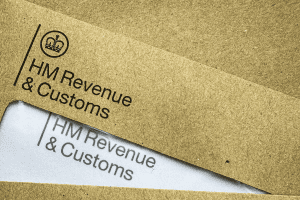Maintaining a good business credit score is a crucial part of managing your business finances. Good business credit scores are the best way to secure funding, safeguard your business, and gain business partners.
Most people have a personal credit score, but your business can also have its own credit score. It determines whether you are a trustworthy business and can afford to pay your business loans and suppliers.
How do business credit scores work?
Your financial position, accounts, and previous business dealings determine your credit score. It is calculated by a credit reference agency on a scale from 0-100, with 0 being a very poor credit score, and 100 being a very good credit score.
You want your credit score to be as high as possible. 80 or higher is a good business credit score and is a good benchmark to aim for. A credit rating below 40 is a serious concern and will likely harm your business’ financial health and business prospects.
Why does a good business credit score matter?
Good business credit scores will save you money and boost your reputation. This makes you eligible for better business deals, lower interest rates, and opportunities with higher-stakes clients. Ultimately, it demonstrates that you can manage your money responsibly.
Before signing a deal with a new client or partner, they will likely check your business’s credit score. Keeping this score high will improve the chances of them going through with the deal. Especially within the current economic situation, companies want to ensure their financial partners are trustworthy and reliable.
How do I increase my credit score?
In the UK, at the end of each financial year, your company must file its accounts. You also need to submit the Company Tax Return or Corporation Tax to HMRC. Filing these accounts on time and with sufficient detail will benefit your credit score.
Similarly, pay your bills on time and keep detailed records of your payments. You can use these to build up an accurate picture of your financial dealings with a credit reference agency.
If you have County Court Judgements or insolvency proceedings, these will severely harm your score, so try to avoid these at all costs when business planning.
Keep your business information up to date with HMRC and Companies House. If your address changes, be sure to update suppliers, partners and customers.
Applying for financing may lead to a credit check. If you are denied, it can hurt your credit score. Some companies offer a free check to see whether you will likely qualify without affecting your score. Making multiple financial applications at once can also signal financial struggles.
If you make sure you are a reputable business and can be trusted with finances by achieving a strong business score, then your company will gain a positive reputation, more business partners, and have a much higher chance of success.
Email [email protected] or call 01604 950034 to learn how the J Sweeney Accountants team can support your business.




